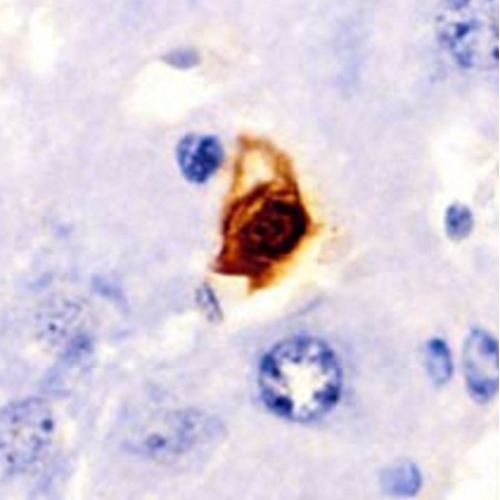Key points from article :
New study shows the effect of whole-body senolytic treatment on the health and function of brain.
Follows up on previous Mayo Clinic research led by Dr. James Kirkland.
Tested if senolytics would have any influence on age-related cognitive decline.
In hippocampi of mice, discovered age-dependent increase in p16Ink4a-expressing senescent cells, microglia and oligodendrocyte progenitor cells have the highest activity.
Opted INK-ATTAC mice, which are engineered to destroy senescent cells upon exposure to the drug AP20187.
Allows researchers to observe what happens when populations of senescent cells are destroyed.
Researchers treated mice with either AP20187 or a combination of dasatinib and quercetin.
Treatment decreased p16Ink4a-expressing microglial cells, microglial activation and a reduction of SASP.
Both treatments improved cognitive function in the aged mice.
There are multiple senolytic drugs poised to enter human trials this year.
Research by Mayo Clinic published in the Journal Aging Cell.








